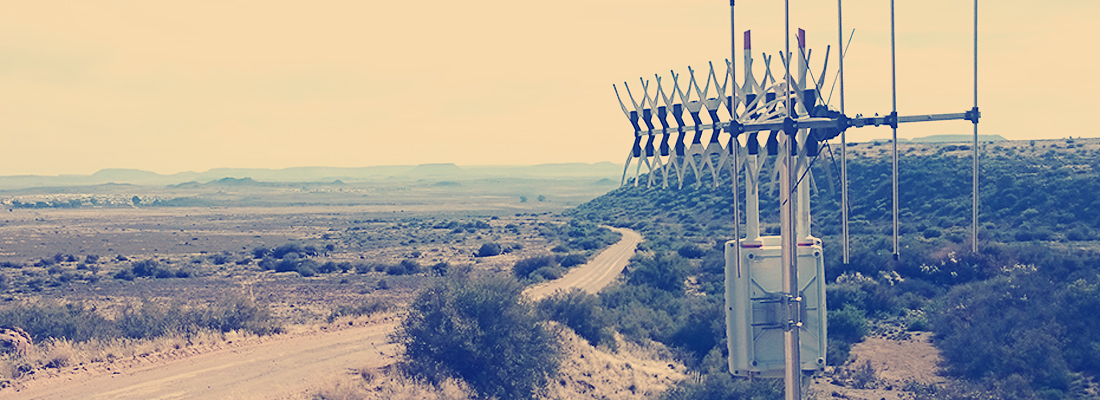White Space High Speed Internet
The United Nations has declared Internet Access a Human Right. As a humanitarian organization, we’re dedicated to developing long-term, sustainable, inclusive programs that provide low-cost White Space Internet to remote areas of the world. We want to see the “digital divide” closed, and we’re willing to put our Boots on the Ground to make that happen.

Why Does It Matter
Believe it or not, the Internet is critical for the spread of democracy. It is essential to free societies. The United Nations Human Rights Council passed a resolution that “condemns unequivocally measures to intentionally prevent or disrupt access to or dissemination of information online.”
On their website dedicated to white space internet, Microsoft said, “With affordable Internet access, 4.2 billion more people could communicate, find jobs, and pursue local and global passions. That’s where the Affordable Access Initiative comes in. With Microsoft support, our partners are breaking new ground to connect the world.” That’s something we can not only get behind, it’s something we are willing to participate in.
In even the most developed countries in the world, there are still huge gaps in internet access. Unfortunately, fixed, regular, dependable broadband access is unaffordable (or just plain unavailable) for some 3.9 billion people around the globe. In Haiti and Nepal, for example, internet access is almost entirely through cellular technology, which is not only slow, but incredibly expensive. Less than 18% of Haitians have access to the internet just once per year by using SIM card based access or mobile phones, and the numbers are worse when you look at regular access. We aim to change that. To empower communities.
As a humanitarian organization, our core mission mandates we seek out, develop, and fund projects that help people succeed in life. Today, the Internet plays a heavy role in the success of any community. And we want to make a difference by using this emerging disruptive technology.
What is White Space Internet?
White Space refers to gaps or unused areas of the wireless spectrum. These channels are similar to 4G and so it can be used for broadband internet.
The typical home router can travel through a couple walls, but White Space broadband can travel for several miles, through buildings, vegetation, and other obstacles. And modern computers, tablets, and smart phones can all access this wireless internet through fixed or portable broadcast stations.
It’s relatively new, but it’s already been proven to work in both remote and urban areas. In fact, we got the idea because one of our volunteers uses White Space Internet on an island where broadband was a major problem. Microsoft, British Telecom, the British Broadcasting Company, Nokia, Google, and other organizations are all conducting trials of the technology—and the results have been astounding. At West Virginia University, White Space technology is used to power a “super Wi-Fi network” that’s available to over 15,000 students.
Because of the low barrier to entry, Boots on the Ground was quick to recognize the value of this technology in places where we serve.
White Space for Haiti—Our First Project
The potential for this technology to help empower local communities and to connect relief workers and NGOs on the ground in developing nations cannot be understated. We have considerable experience on the ground in Haiti, starting back in 2010 just two days after the earthquake. We have strong relationships with the government, the United Nations, aid workers, and locals. Because of it’s proximity to the United States, the geography, and the need—Haiti is the ideal location for our pilot program. Haiti is one of only three nations listed without fixed broadband connectivity. Fixed-broadband access refers to high-speed fixed (wired) access that is available to the general population where the downstream speeds equal to, or is greater than, 256 kbit/s. This includes satellite Internet access, cable modem, DSL, fibre-to-the-home/building, and other fixed (wired) broadband subscriptions. Haiti is almost entirely dependent upon commercial access offered by cellular companies like Digicel. Not only is this incredibly expensive, its impractical. Haiti is the perfect location for programs like this.

